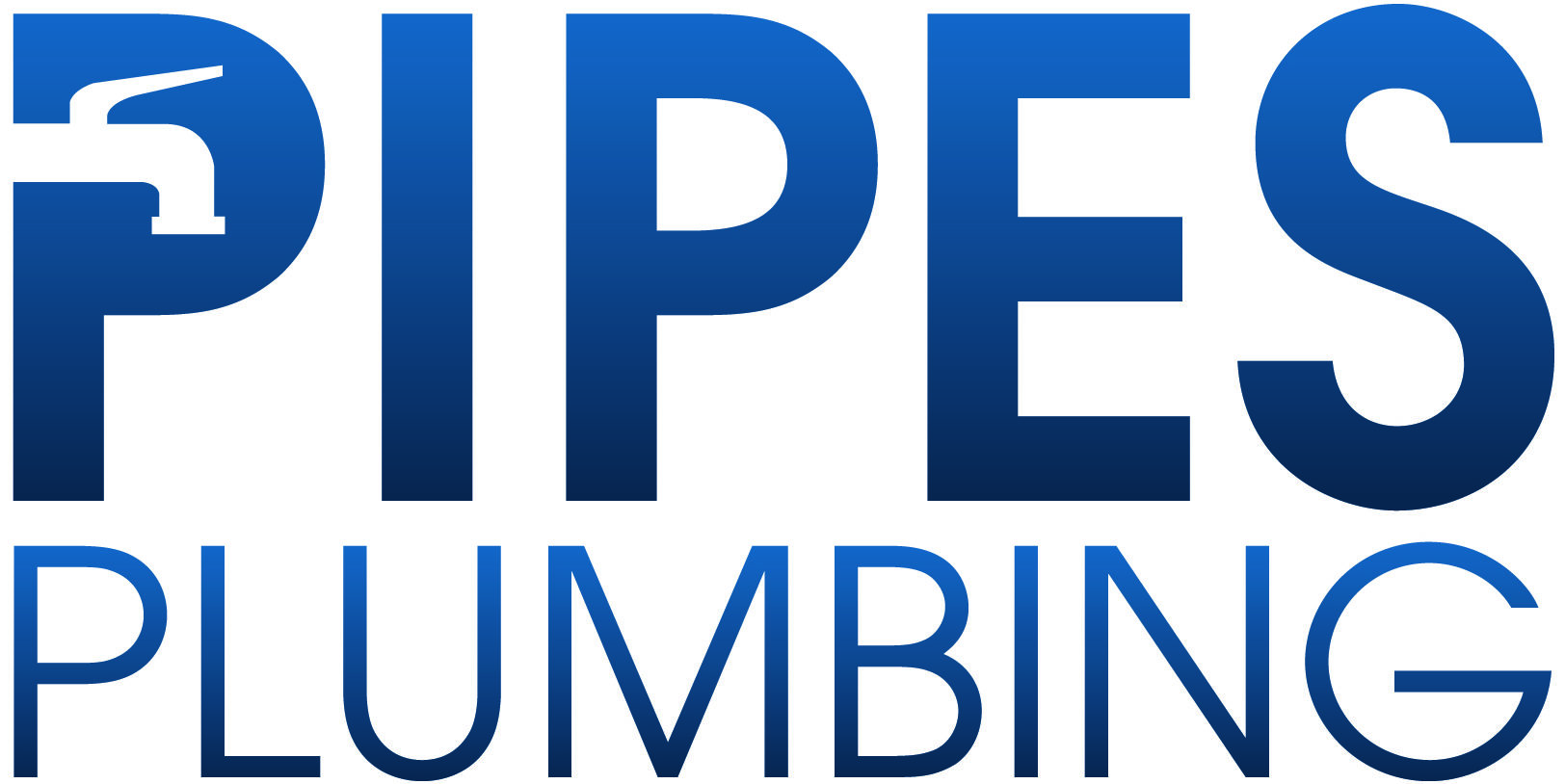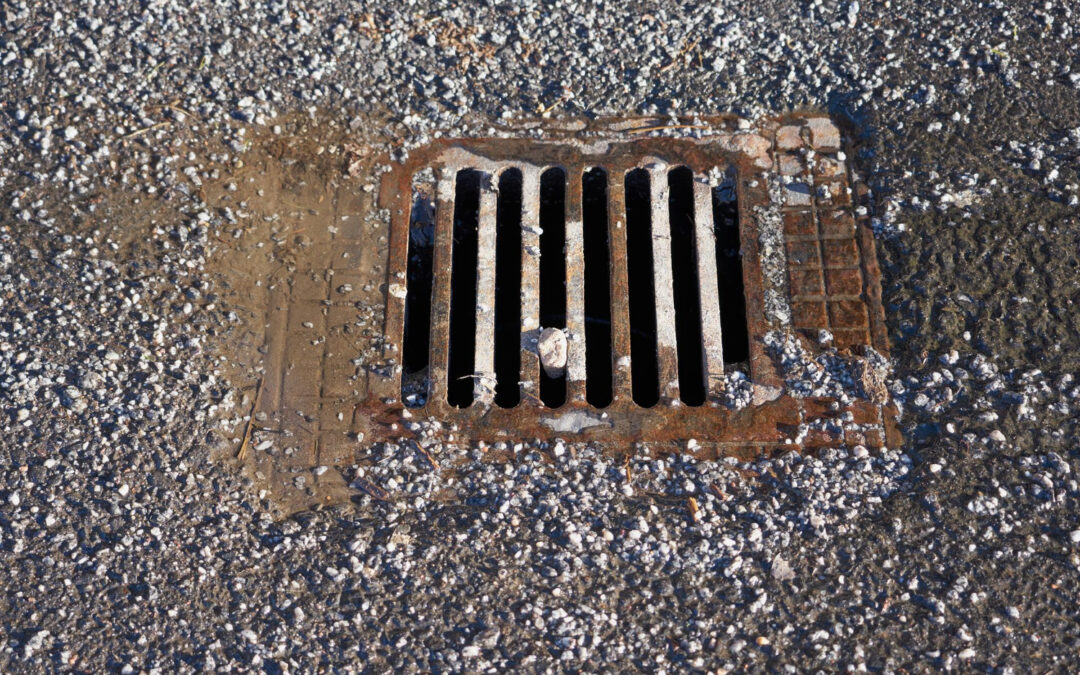Spring is a season of blossoming flowers and fresh starts. It’s also a time when drain systems can face unique challenges. Warmer weather, melting snow, and increased rainfall can put a strain on your home’s drainage. This can lead to a variety of problems like blockages and leaks that need your attention.
With a bit of knowledge and some handy tips, you can keep your drain systems running smoothly throughout the season and beyond. Let’s explore some practical solutions and when it’s best to call in professional help.
Common Springtime Drain System Issues
Spring brings warmth and new growth, but it also introduces challenges for drain systems. One common issue during this season is blockages caused by debris. As snow melts and rains increase, more leaves, twigs, and dirt can wash into drains, creating clogs. This extra debris can lead to slow drainage or even complete blockages, causing water to back up in your home or yard.
Another significant springtime challenge is the growth of tree roots. As trees and plants awaken from their winter slumber, their roots begin to expand in search of water and nutrients. These roots can find their way into small cracks in drain pipes, causing blockages and even breaking or collapsing pipes over time. This issue is compounded when older pipes made from materials like clay or concrete are involved, as these are more susceptible to root invasion.
Increased water flow during the spring also puts additional pressure on drainage systems. Heavy rains can overwhelm drains that are already struggling with blockages, leading to overflow and water damage. Keeping an eye on these potential problems can help to prevent bigger issues down the line, ensuring that your drain systems function smoothly throughout the season.
Identifying Warning Signs of Drain Trouble
Recognizing the early warning signs of drain trouble can save you from more severe and costly issues later. One of the first indicators is slow draining. If your sinks, tubs, or showers are taking longer to drain, it’s likely time to check for blockages. Slow drains suggest that something is impeding water flow, which could lead to clogs if not addressed.
Unusual noises in your plumbing can also signal trouble. Gurgling or bubbling sounds when water is draining often mean air is trapped in the pipes, which is a symptom of a blockage or drainage issue. Additionally, water pooling around drains, ceilings, or basements indicates a blockage preventing proper flow.
Bad odours coming from drains are more than just unpleasant; they often signal a severe plumbing issue that needs immediate attention. These smells usually result from a buildup of debris or even sewage, indicating a blockage or leak somewhere in the system.
By keeping an eye and nose alert for these symptoms, you can identify and resolve potential drain problems before they become major concerns. This proactive approach will help maintain a healthy and efficient drainage system in your home year-round.
DIY Solutions and Preventative Maintenance
Taking care of your drain system can often be straightforward with some simple at-home solutions. For minor clogs or slow drains, a plunger can be your first line of defence. Its suction can dislodge soft blockages and restore normal flow. Another handy tool is a drain snake, which can reach deeper blockages. Be gentle to avoid scratching or damaging your pipes.
Incorporate regular maintenance into your routine to prevent big problems from developing. Start by periodically clearing debris from visible drain openings, especially in places like your shower or sink, where hair and soap can accumulate. Pouring a mix of vinegar and baking soda down your drains every month can help keep them clear. This natural cleaning method breaks down fatty deposits and can help prevent odours.
Consider installing mesh drain covers to catch debris and hair before it enters the plumbing system. These simple devices can significantly reduce the amount of blockage-causing materials entering your drains. Regular attention to these preventative measures will keep your plumbing flowing smoothly and may reduce the need for emergency repairs.
Knowing When to Call the Pros
While DIY methods are great for minor issues, some situations require professional help. If you encounter frequent clogs, this suggests a deeper issue within your drainage system that might need expert inspection. Repeated drain backups or standing water can lead to significant water damage and even structural issues if not promptly addressed.
Visible leaks around your pipes or in walls and ceilings are red flags needing immediate professional attention. Water leaking out of pipes is not only wasteful but can also cause severe damage to your home’s infrastructure. In these cases, technicians can employ advanced tools and techniques to locate and fix problems effectively.
Professional inspections are invaluable because they provide a comprehensive evaluation of your entire plumbing system. Experts can utilize technology like cameras to detect issues that are not visible to the naked eye. This proactive approach ensures that any problems are identified early, saving you time and costly repairs down the line. Count on professionals for situations beyond your expertise to keep everything running efficiently.
Conclusion
Maintaining your drain system is essential for a hassle-free home environment, especially when spring brings unique challenges. From recognizing common issues and applying simple fixes to discerning when expert intervention is required, balancing these aspects ensures your system functions optimally. By staying vigilant and proactive, you protect your home from future plumbing headaches.
If you’re facing drain challenges or want to ensure everything runs smoothly, Pipes Plumbing is here to help. Our skilled team provides expert assessments and plumbing repairs in Ottawa tailored to your needs. With our help, you can enjoy peace of mind knowing your home is in the best hands. Contact us today for all your plumbing needs, and let us keep your drains flowing seamlessly.

